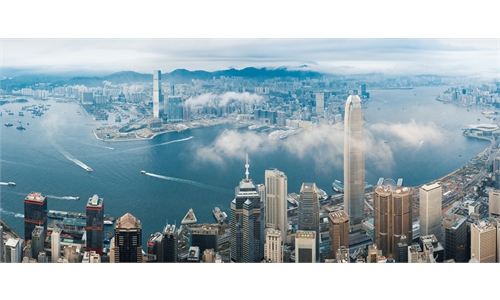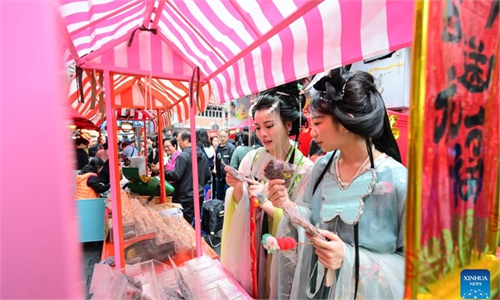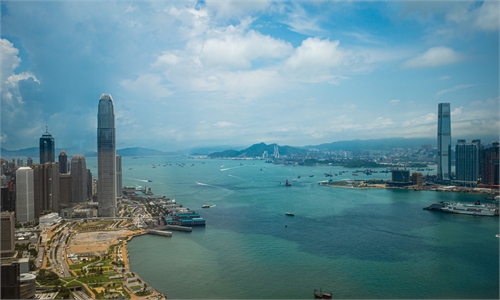Hong Kong businesses prepare to welcome more mainland visitors as individual tourists
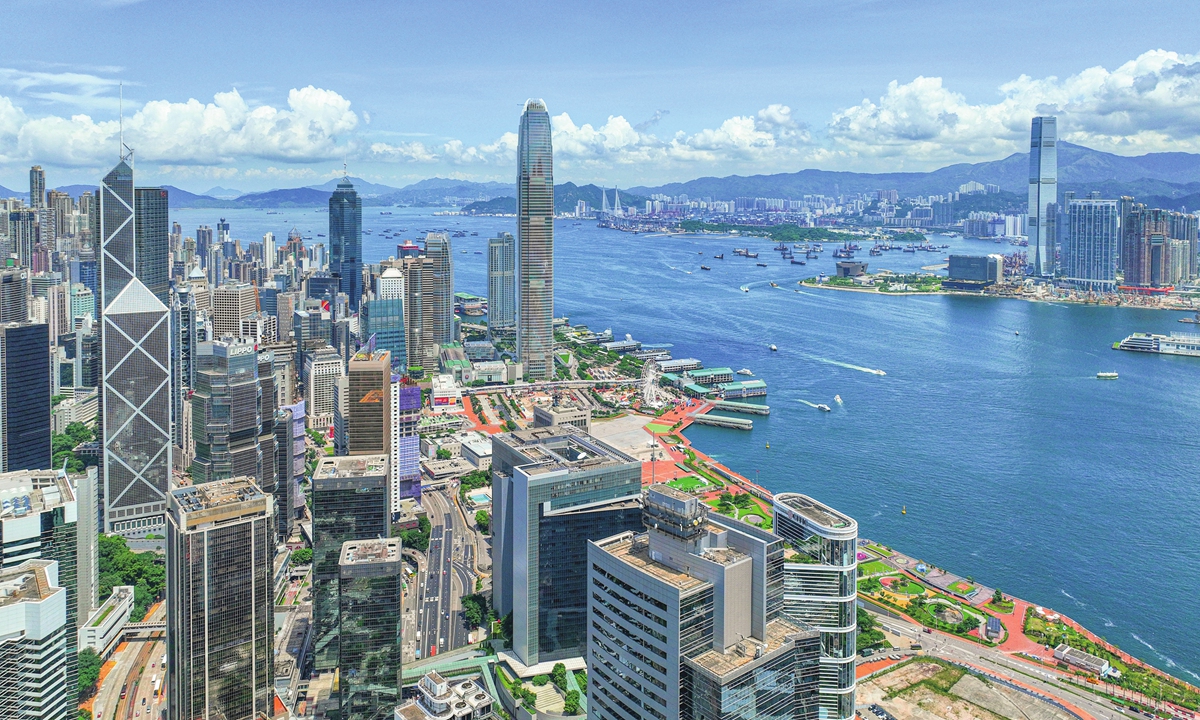
The city view of Hong Kong
Businesses in the Hong Kong Special Administrative Region (HKSAR) expect more individual visitors from the Chinese mainland, where more cities have joined the individual visit scheme (IVS) that allows residents to visit Hong Kong and Macao without a guided tour. Analysts said such expansion bodes well for the two SARs as it looks to boost their economies by increasing tourist spending.
Starting from Wednesday, two cities - Xi'an in Northwest China's Shaanxi Province and Qingdao in East China's Shandong Province - will be added to the IVS, bringing the number of designated mainland cities to 51, the National Immigration Administration (NIA) announced.
Residents from IVS-covered cities can apply for individual travel endorsements for Hong Kong and Macao. Holders of this document can stay in the two SARs for a maximum of seven days per visit, said the NIA.
The expansion is widely welcomed by Hong Kong's tourism industry, which is making concrete preparations for more mainland visitors.
For example, Hong Kong-based carrier Cathay Pacific Airways will increase its flight capacity to Xi'an and Qingdao starting from March 31, the airline told the Global Times.
It plans to increase the flight frequency between Hong Kong and Xi'an from three times to five times per week, which is expected to offer an extra 800 seats. For the Qingdao-Hong Kong route, a larger passenger aircraft with an extra 360 seats available per week will enter service, said Cathay Pacific.
Hong Kong's tourism industry will launch special activities to transform tourist flows into market opportunities and further enhance Hong Kong's economic development capabilities and conditions, said industry representatives.
To lure customers, both locals and tourists, to spend more, Annie Tse Yau On-yee, chairman of the Hong Kong Retail Management Association, said that the association plans to launch more promotional activities.
"Tourists from Xi'an and Qingdao will have in-depth tours, which will in turn drive spending in retail industries," said Tse.
Experts and professionals in the Hong Kong tourism industry believe that the further enhancement of the IVS is conducive to the development of Hong Kong's tourism sector and will benefit tourism-related industries such as catering, hotels and retail.
Mainland visitors accounted for more than 87 percent of Hong Kong's inbound tourists during this year's Spring Festival holidays in February. Hong Kong received more than 1.44 million inbound visitors during the eight-day holidays, with about 1.25 million from the mainland, according to the HKSAR Immigration Department.
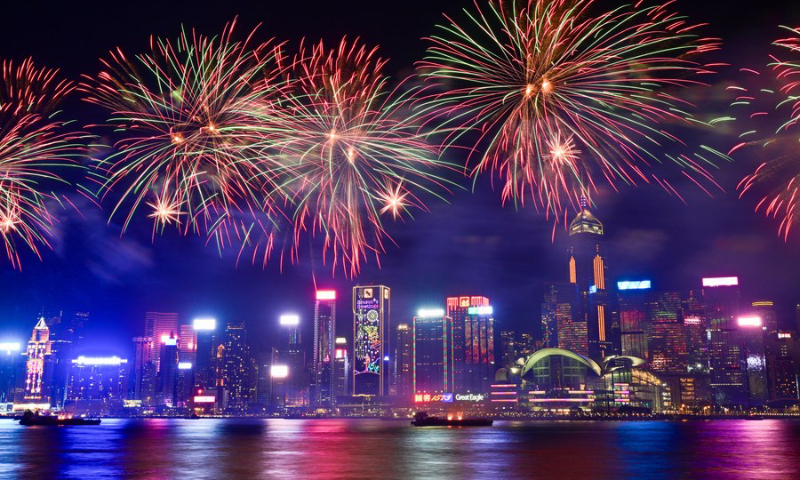
Fireworks in celebration of the Spring Festival illuminate the sky over Victoria Harbour in Hong Kong, south China, Feb. 11, 2024. (Xinhua/Zhu Wei)
A large number of mainland tourists are expected to flock to the city during the Qingming Festival holidays in early April and the May Day holidays in May, according to local media reports.
"In 2018, the IVS tourists, who accounted for more than 60 percent of the total number of mainland visitors arriving in Hong Kong, represented an important force in driving the business of tourism-related industries in Hong Kong," HKSAR Secretary for Culture, Sports and Tourism Kevin Yeung said after the two cities were included in the IVS, as shown on the website of the HKSAR government.
It is believed that Xi'an and Qingdao, each having a population of more than 10 million, will bring more high-value-added overnight tourists to Hong Kong, said Yeung.
The IVS was implemented on July 28, 2003 in four cities - Dongguan, Zhongshan, Jiangmen and Foshan - in South China's Guangdong Province, neighboring Hong Kong.
Global Times
